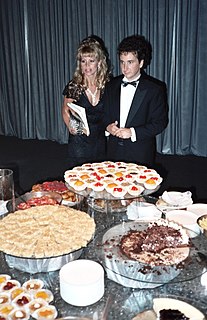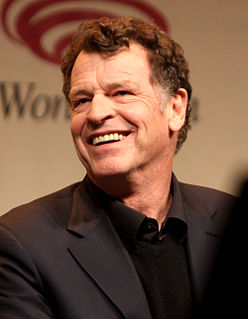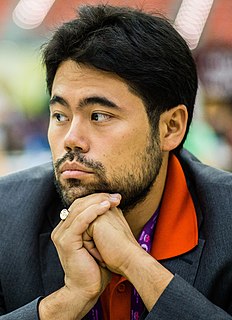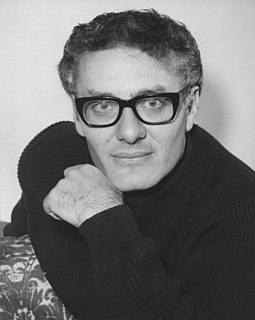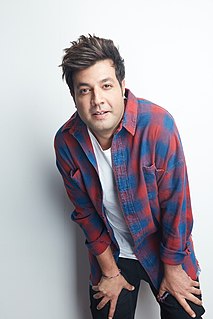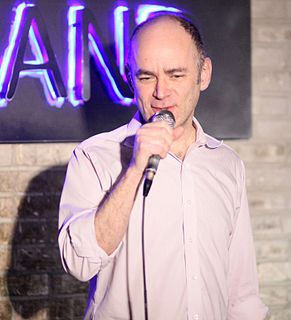A Quote by Frances McDormand
Unless it's a flat-out farce, an actor can't play comedy on film.
Related Quotes
The myriad-minded man, our, and all men's, Shakespeare, has in this piece presented us with a legitimate farce in exactest consonance with the philosophical principles and character of farce, as distinguished from comedy and from entertainments. A proper farce is mainly distinguished from comedy by the licence allowed, and even required, in the fable, in order to produce strange and laughable situations. The story need not be probable, it is enough that it is possible.
[on playing Walter] It was wonderful to be able to play a character who had so many colors and who was able to play comedy, to play incredibly vulnerable, which he did a lot of the time, to play the love story, and to play the relationship with the son, which is quite unusual. That's a gift to me, as an actor. It was like everything you could possibly hope for, over five years. So, I was a very lucky actor.
The problem with a lot of comedy clubs is not that they are a comedy club; it's just the cheesy way they're presenting themselves. That's why a lot of people have a problem with them. If you're a relatively unknown comedian, you can play at a comedy club, you might play to hundreds of people every night. But if you try to make a concert event out of it, and try to play a rock club or something, where you might play to 10 people or no people. And the flipside of that is, that's also a great thing, to play to people who are your fans. Some people are too hard on the comedy clubs.





